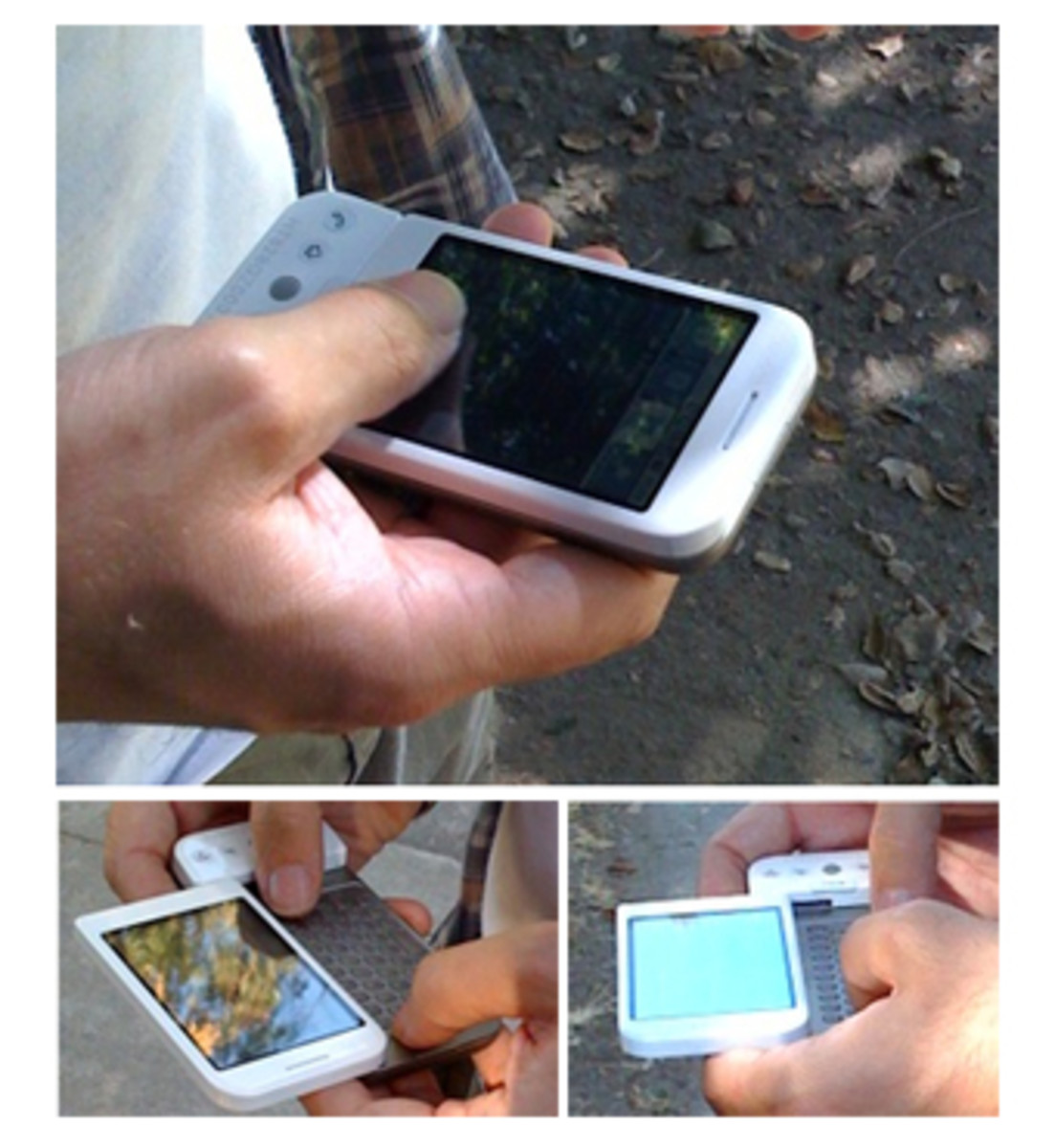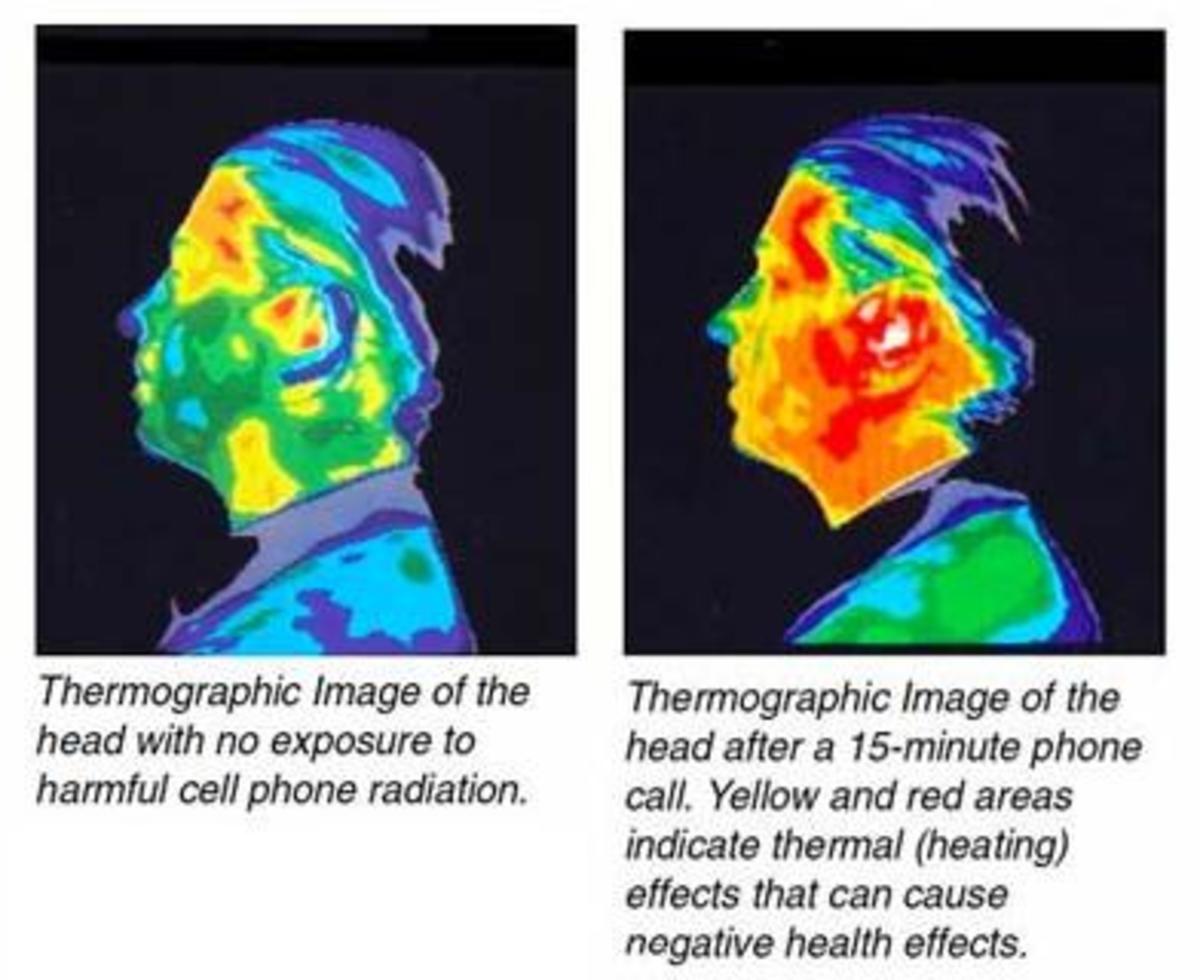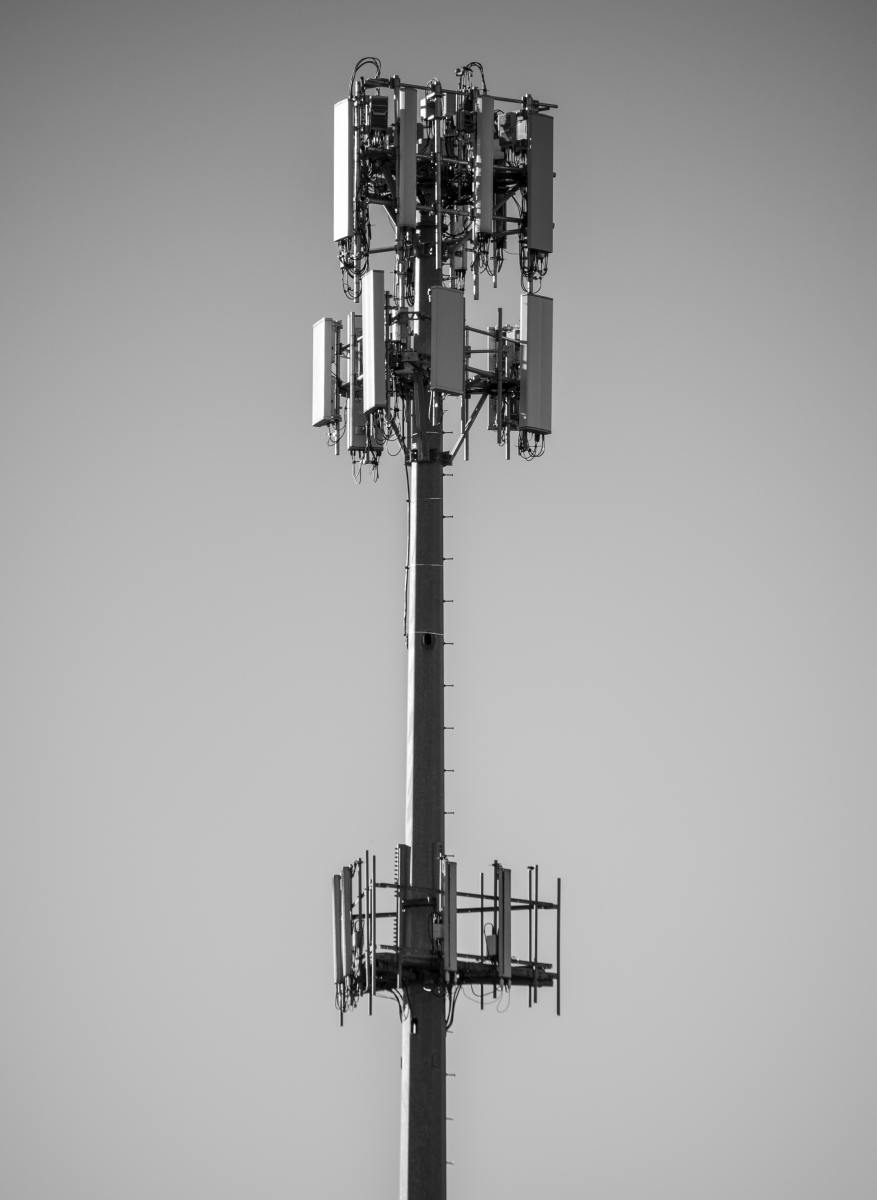How to Protect Cell Phone from Viruses - Security & Safety Tips
The first known cell phone virus-Cabir.A- came to our notice in 2004. That year, only a few Blue-tooth enabled mobile phone were affected, without causing any major damage to handsets. In fact, the first cell phone virus was not designed with any malicious intention. Mal-ware developers wanted to show the world that mobile phones are also vulnerable to virus attacks as like as computers. After this incident, virus researches have been developing anti-virus software with significant success.
How dangerous these viruses are?
Though cell phone viruses are neither wide-spread nor capable of causing severe damages to handsets, yet in future, there is no guarantee that any dangerous and destructive virus code won’t be developed that will be copy your secret talks and transmit it to the eavesdroppers, the same privacy violation can happen with your SMS as well, so, stay alert and updated about the safety of mobile devices.

Types of cell phone viruses
For the functional point of view, there are not much difference between cell ph. Viruses and computer viruses. Like any other computer virus, this cell viruses is an executable file, which after attacking a device, tries to copy itself with another program, then another and so on.. Mainly, these viruses spread through three cell phone applications
- Internet downloading
- MMS-multimedia messages
- Bluetooth data transfer
Note-if you can control the usage of the above mentioned applications, with a certain level of safety measures and pre-cautions, then the likelihood of your mobile getting hacked or affected by viruses reduced to a minimum level.
The bad news is that in recent times, the rate of speeding cell phone malwares is increasing at alarming numbers. Almost all these viruses are prone to attack Symbian Operations System-specially designed OS solely for mobile devices.

Symptoms of Cell Phone Viruses
- Disable all the cell phone functionality except call sending and receiving.
- Your mobile may send auto-SMS to everyone listed in your phone book.
- Cell phone memory might be crashed
Mobile Phone Virus Files
Most of the virus codes attack specific types of files such as games, security patches, Ad-On functions, free-utility software etc. Sometimes, infected SMA text files might carry viruses, but the received SMS does not affect your mobile, until you open and install the attached files or programs- normally, cell ph. Viruses do not have the ability for auto-installation-certainly a good news.
How to Protect your Cell Phone from Viruses?
Viruses are always evolving, by programmers with evil intentions, and thus virus programs are unpredictable until their symptoms are studied properly by the antivirus programmers.But as you know that everything else of this world follow some basic rules and there are some basic preventive measures, which are likely to increase the safe operation of mobile handsets.
- Always keep disabled or hidden the Bluetooth discoverable mode of your mobile set
- Keep updates about the security features of the cell phones. For latest security updates and developments, keep your eyes on F-secure, McAfee or any of your preferred anti-virus software sites.
- Use mobile security software. Presently, Symbian software has developed an anti-virus for their Symbian OS-which can safely transfer data to and from any Bluetooth devices.
Do you use any Cell Phone Antivirus Software?
To make sure, your cell phone remain virus free, the first preventive is making sure that you transfer data from your mobile from virus free devices, and second prevention is not to install any unknown software attached to incoming SMS into your phone. This safety measures are really helpful for those who want to maintain privacy, because some highly developed viruses might even steal your private messages or even leak your SMS to any of your business contenders. Stay alert of mobile viruses and have a safe digital life.








